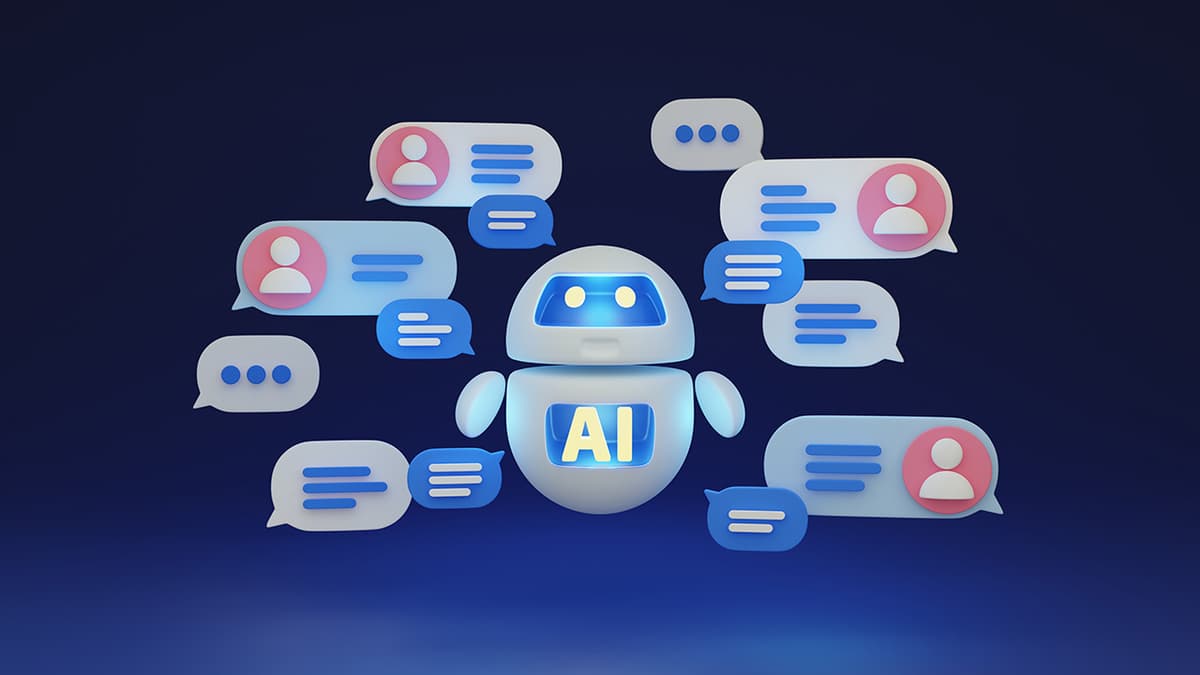Why Do We Eat Birthday Cake on Our Birthday?
Ah, birthdays! They bring joy, laughter, and—perhaps most importantly—cake. There is something special about the tradition of gathering around a table, singing "Happy Birthday," and watching someone blow out the candles on top of a cake. But why is cake such a central part of birthday celebrations across so many different cultures?
To understand this sweet tradition, let's take a journey through time, culture, and a bit of culinary magic. Buckle up; it’s a fascinating ride!
Ancient Beginnings
The tradition of celebrating birthdays with cakes can be traced back to ancient civilizations. The origins are often linked to ancient Egypt and Greece.
In Ancient Egypt, it was believed that when pharaohs were crowned, they became gods. This significant event was considered the Pharaoh's "birth" into divinity and was marked with various feasts. Archeologists have found evidence of sweet baked goods in Egyptian tombs, which suggests that cakes may have played a part in these sacred celebrations.
Meanwhile, in Ancient Greece, the people honored the moon goddess, Artemis, with round, moon-like honey cakes. These early cakes were made from simple ingredients like flour, nuts, and honey and were adorned with candles to simulate the moon's glowing light. This practice is one of the earliest known instances of candles on cakes—a tradition that has endured through centuries.
The Roman Influence
The Romans, never ones to shy away from a good feast, also played a part in the birthday cake tradition. They would celebrate the birthdays of their relatives and friends with cakes made from wheat flour, grated cheese, honey, and olive oil. These cakes were simple compared to today's multi-layered wonders, but they were an important part of the festivities.
Moreover, Roman soldiers celebrated their birthdays with honey cakes. These sweet treats symbolized the sweetness of life, making each soldier’s annual celebration memorable.
Middle Ages and the Candle Tradition
During the Middle Ages, German bakeries started to create cakes for children's birthdays. The celebration, known as "Kinderfest," involved placing a single large candle in the center of the cake to symbolize the "light of life." Interestingly, placing multiple candles—one for each year of life—started much later.
The idea of making a wish and blowing out candles likely originated during this period as well. It was believed that smoke from the candles carried wishes up to the heavens. This practice added an element of hope and optimism to birthday celebrations, a sentiment that remains strong today.
The Rise of Modern Birthday Cakes
Fast forward to the 17th century when the ingredients and processes for baking evolved significantly. With the introduction of baking powder and refined sugar, cakes became lighter and fluffier. More elaborate designs emerged, and cakes started to take the center stage in birthday parties.
By the 19th century, advancements in food production made cakes more affordable. This was the golden age of birthday cakes when the tradition truly became accessible to the general public and not just the wealthy elite.
The Impact of Bakery Companies
In the 20th century, commercial bakeries started to capitalize on the birthday cake market. Companies like Betty Crocker (https://www.bettycrocker.com) made it easy for anyone to bake a birthday cake at home with their ready-made mixes. These innovations further cemented the tradition of having a cake at birthday celebrations.
Even today, bakery giants like Baskin-Robbins (https://www.baskinrobbins.com) offer specialized birthday cakes with unique flavors and designs, continuing to promote the birthday cake culture.
Cultural Significance
Birthday cakes aren't just about satisfying our sweet tooth; they hold cultural and emotional significance. Each element of the cake—from the flavor and design to the act of cutting and sharing—carries meaning.
- Flavor and Design: The choice of flavors and cake designs often reflects personal tastes and preferences. Whether it’s chocolate, vanilla, or red velvet, the cake represents the individuality of the person celebrating their birthday.
- Candles and Wishes: Blowing out candles is more than a mere ritual. It symbolizes hope and provides a moment to reflect on the past year and make wishes for the year ahead.
- Cutting the Cake: The act of cutting the cake and sharing it with loved ones signifies unity and communal joy. It's a moment that brings people together, reinforcing social bonds.
The Ever-Evolving Tradition
In modern times, birthday cakes have evolved to suit changing tastes and preferences. From vegan and gluten-free options to extravagantly themed cakes, the tradition has adapted to remain relevant.
Technology has also played a role in transforming birthday cakes. Today, you can find cakes with edible images printed on them or cakes that light up with LED candles. Despite these innovations, the essence of the birthday cake—joy, celebration, and togetherness—remains unchanged.
The tradition of eating birthday cake is steeped in historical, cultural, and emotional significance. From ancient rituals to modern-day celebrations, the birthday cake has been a constant symbol of happiness and togetherness.
So the next time you find yourself gathered around a birthday cake, ready to sing and make a wish, take a moment to appreciate this sweet tradition that connects us to our past and brings us joy in the present. Celebrate with gusto, and enjoy that slice of cake—it’s a tradition worth savoring!












